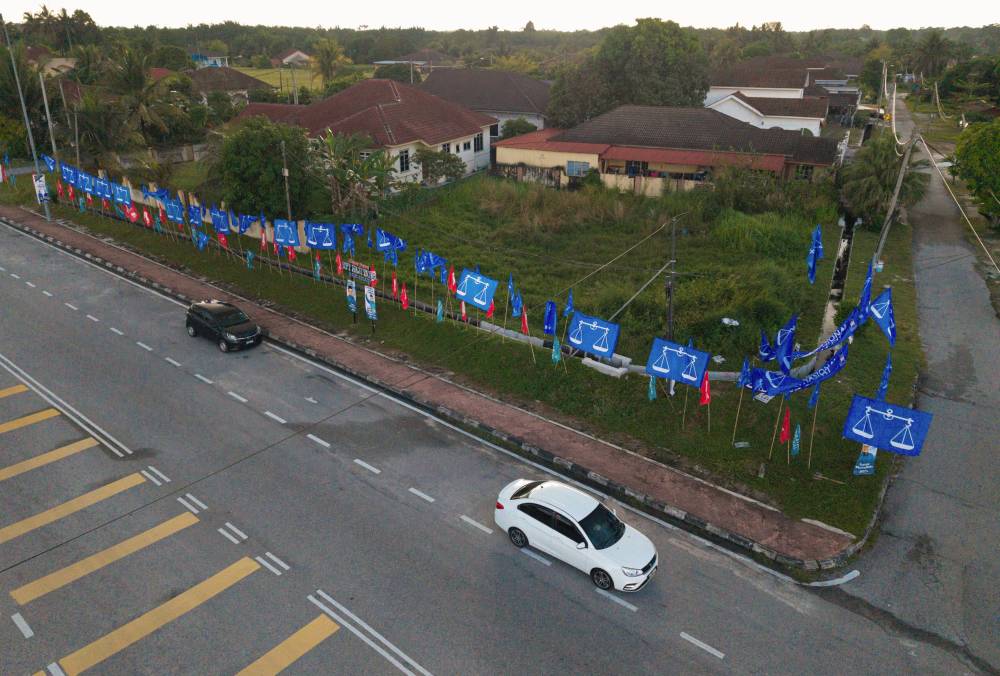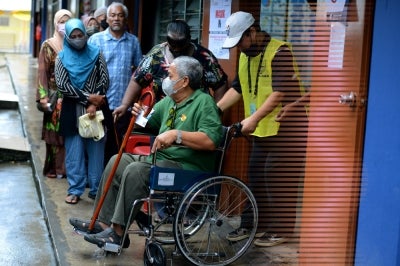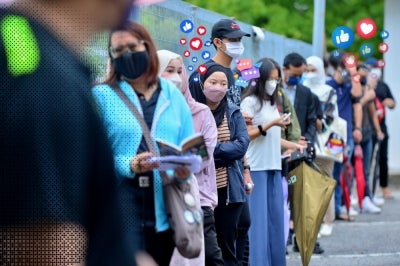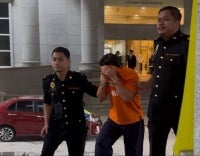PN's 3R strategy backfires, experts say it alienates moderate voters
According to an analyst, PN's messaging faltered because it failed to address the real concerns of many voters.

SHAH ALAM – Perikatan Nasional's (PN) reliance on identity-focused 3R narratives, coupled with a lack of concrete policy proposals, restricts its appeal to its conservative base and struggles to persuade moderate or undecided voters.
According to Senior Research Fellow at the Universiti Kebangsaan Malaysia's Institute of Ethnic Studies Assoc Prof Dr Zaini Othman, PN's messaging faltered because it failed to address the real concerns of many voters.

“People are now asking about economic recovery, job opportunities, rising living costs and local development, not just ideological posturing.
“The 3R strategy may generate noise on social media or at ceramah sessions, but on the ground, many voters are increasingly fatigued by such fear-driven narratives,” she said when contacted recently.
Zaini further highlighted PN's strategic flaw of assuming anger toward the Unity Government automatically led to votes, pointing out that disillusionment alone didn't guarantee success; voters needed inspiration, not just resentment.
She also pointed to BN's victory in Ayer Kuning, particularly Umno, which showed a significant rural base still associating BN with stability.
This win could have strengthened BN's bargaining power within the Unity Government and signalled that voters in semi-rural areas were prioritising pragmatism over political drama.
“They also should invest in building deeper local engagement, not just parachuting candidates and relying on mass ceramah events.
“Genuine service at the constituency level, such as welfare assistance, community programs, and outreach to civil society groups, will help PN to broaden its appeal,” she said.
Zaini stressed that PN must project internal unity, as voters are quick to notice friction between Pas and Bersatu, which could further erode trust.
She emphasised the need for clear leadership, strategy and transparent alliance terms.
She warned that PN will struggle to grow beyond its core base if it continues to focus solely on ideological battles without concrete governance plans.
The Ayer Kuning result, she said, was a clear warning that PN's current approach was no longer sufficient to expand its support.
“The defeat reflected a strategic misjudgment, assuming that the “Malay-Muslim” card alone could win elections everywhere,” she added.
Zaini stated that the question was increasingly relevant while any leadership change was up to PN’s internal processes.
Zaini stated that the question is increasingly relevant while any leadership change is up to PN’s internal processes.
PN Chairman Tan Sri Muhyiddin Yassin and Pas President Tan Sri Abdul Hadi Awang still dominate, but there's growing sentiment that fresh leadership may be needed to broaden PN’s appeal.
She also pointed to ongoing speculation—though unconfirmed—about tensions between Pas and Bersatu, particularly over seat allocations and strategy.
If left unresolved, such issues could damage PN’s image as a united front.
Ultimately, she said, PN must choose whether to remain a protest bloc or transform into a serious, inclusive national alternative.
Meanwhile, political analyst and Associate Professor at Universiti Teknologi Malaysia's Perdana Centre Dr Mazlan Ali said that to regain support, Perikatan Nasional must broaden its vision to reflect a multi-racial society and move away from the perception that it solely champion a Malay-Islamic agenda.
“Perikatan Nasional also needs to conduct research and criticise the government based on facts and information rather than empty narratives.
“Perikatan Nasional also needs to prove that they can also defend all races and dispel the perception that PN is only for Malays,” he said.
Mazlan stated that PN’s strong focus on race and religion largely confined its support to the Malay electorate.
He stressed that non-Malay voters generally do not back PN, viewing it as too heavily centred on a Malay-Muslim narrative, while the Unity Government is seen as more inclusive and committed to justice for all communities.
As a result, PN struggled to gain traction in constituencies where Malays made up less than 60–70 per cent of the population.
In Ayer Kuning, Mazlan added, PN also lacked compelling campaign issues, despite the presence of many party leaders supporting their candidate.
He also said that PN should have seriously considered making leadership changes following multiple by-election defeats.
“The old leaders need to make way for younger leaders to take over the leadership.
“This will bring a new wave to attract the attention and support of the people. In the 16th general election, PN needs to have a new face and offer new alternatives to the people,” he said.
Mazlan said that the by-election would strengthen cooperation between the parties in the Unity Government, particularly between Barisan Nasional and Pakatan Harapan, with this collaboration expected to continue into the upcoming 16th general elections.
He highlighted that PN remained a strong political force, as demonstrated in the 15th General Election and the sixth State Elections. However, after Datuk Seri Anwar Ibrahim of Pakatan Harapan was appointed Prime Minister, he successfully led the country and united various political parties, including those from Sabah and Sarawak.
Since then, he added, the Unity Government has won several by-elections, while PN's position has become more unstable, with minor disputes arising among its coalition partners.
“Today, the unity government is further away from PN in terms of political progress,” he said.
Download Sinar Daily application.Click Here!















